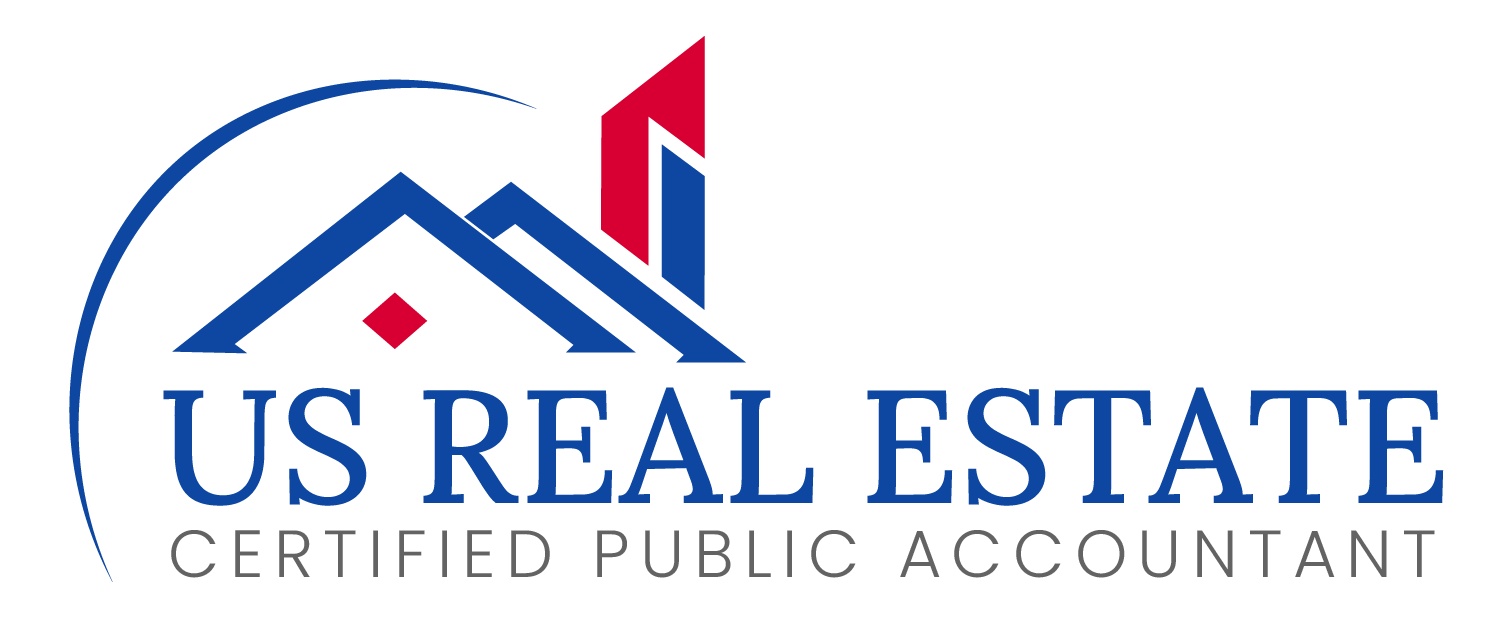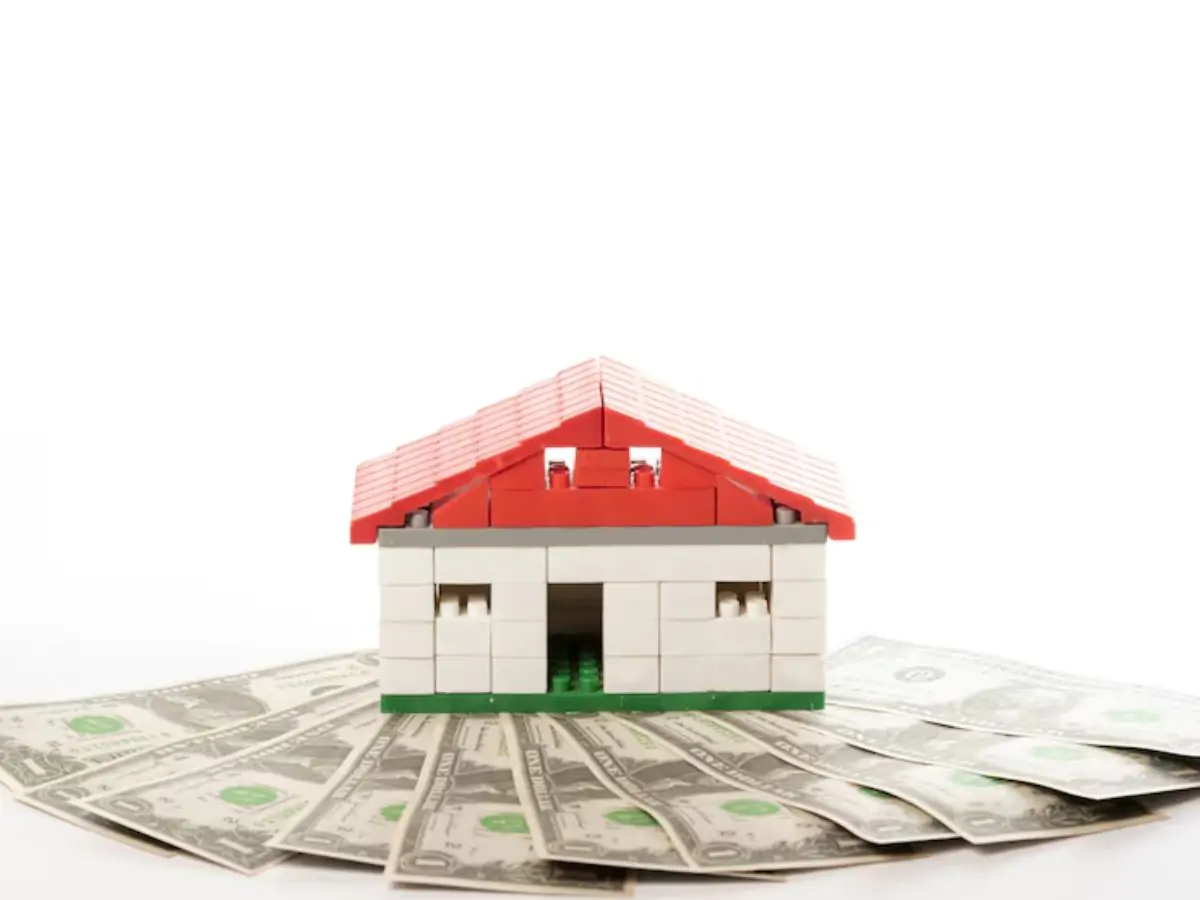
What Happens If You Stop Paying Your Mortgage?
Mortgage delinquencies are on the rise in the U.S., and the numbers are alarming, especially among first-time homebuyers, military members and veterans. You might be tempted to stop paying your mortgage altogether if you’re facing financial hardship. But before you make that decision, you should understand the consequences.
Although a temporary solution, halting payments can haunt you for years, damage your credit and lead to the loss of your home.
Let’s break it down: what really happens if you stop paying your mortgage, and what are your options if you’re struggling to keep up?
The Rising Tide of Mortgage Delinquencies
In 2024, the number of serious mortgage delinquencies—loans more than 90 days past due but not yet in foreclosure—hit its highest level in nearly two years, according to a report by Intercontinental Exchange. As of the end of 2024, about 2.2 million mortgages were either delinquent or in active foreclosure.
First-time homebuyers, military members and veterans are among the hardest hit. For example, delinquencies on Federal Housing Administration (FHA) loans, often used by first-time buyers, rose by 74 basis points (0.74%) in 2024. Similarly, delinquencies on Veterans Affairs (VA) loans, designed for military service members and veterans, surged by 80 basis points (0.80%).
Those trends are a warning sign. As the report notes, FHA and VA delinquencies are like “canaries in the coal mine” for the broader mortgage market. If you’re struggling to make payments, you’re not alone—but ignoring the problem won’t make it go away.
What Happens If You Stop Paying Your Mortgage?
When you stop paying your mortgage, you’re breaking a legal agreement with your lender. This sets off a chain reaction of consequences that can escalate quickly. Here’s what to expect.
Late Fees and Notices
Mortgage payments are due on the first of the month and are considered late after the 15th. At this point, late fees and penalties kick in and you’ll receive a letter from your loan servicer outlining what you owe and when it must be paid.
Financial counsellors say that the bank is not in the business of owning homes—that’s not what they want to do. They’re not looking to take over your house. Lenders would much rather work with you to find a solution than go through the lengthy and costly foreclosure process.
Damage to Your Credit Score
After 30 days of nonpayment, your loan goes into default. Your lender will report the missed payment to credit bureaus, causing your credit score to plummet. And it takes years for those things to fall off. A low credit score can make it difficult to secure future loans, rent an apartment or even get a job in some cases.
Foreclosure Proceedings
If you continue to miss payments, the lender will eventually initiate foreclosure. The timeline varies by state but the process often begins in earnest after about six months of nonpayment
At the six-month point, they say, ‘OK, all options are off the table. You’re unwilling to work with us, we’re going to start foreclosure.’ Once foreclosure begins, the entire loan becomes due, and repayment plans are no longer an option
In some states, the foreclosure process can move quickly. Your home may be listed for sale or auctioned off, and you’ll be required to vacate the property.
What Should You Do If You’re Struggling to Pay?
If you’re having trouble making mortgage payments, the worst thing you can do is ignore the problem. Communication can help. Lenders have programs in place to help borrowers avoid foreclosure but they can’t help you if you don’t reach out. Here are some options to consider:
Options to Stay in Your Home
Forbearance
Forbearance allows you to temporarily pause or reduce your mortgage payments during a hardship, such as job loss or illness. While interest may still accrue, late fees and penalties are often waived. At the end of the forbearance period, you’ll need to repay the missed amounts either in a lump sum or through a repayment plan.
Loan Modification
A loan modification changes the terms of your mortgage to make payments more affordable. This could involve lowering your interest rate, extending the loan term or even reducing the principal balance. Loan modifications are a good option if your financial situation has changed permanently like after a divorce or job change.
Repayment Plan
If you’re only a few payments behind, a repayment plan might be the solution. This allows you to spread out the missed payments over time, making it easier to catch up without overwhelming your budget.
Options If You Want to Leave Your Home
Deed-in-Lieu of Foreclosure
If you can no longer afford your home and foreclosure is imminent, you can voluntarily transfer ownership of the property to the lender in exchange for partial or total debt forgiveness. This option can be less damaging to your credit than a foreclosure.
Short Sale
A short sale allows you to sell your home for less than the outstanding mortgage balance. While you’ll still lose the property, a short sale is often less harmful to your credit than a foreclosure.
The Bottom Line
Stopping mortgage payments might seem like an easy way out during tough times, but the consequences are severe. From damaged credit to the loss of your home, the fallout can last for years.
If you’re struggling, don’t wait. Reach out to your lender as soon as possible to explore your options. There are ways to navigate financial hardship without resorting to drastic measures, whether it’s forbearance, a loan modification, or a short sale.
Remember, your lender doesn’t want to foreclose on your home; they want to help you stay in it. By taking proactive steps and keeping the lines of communication open, you can protect your credit and home.
If you’re feeling overwhelmed, take a deep breath and pick up the phone. Help is available but it’s up to you to take the first step.



